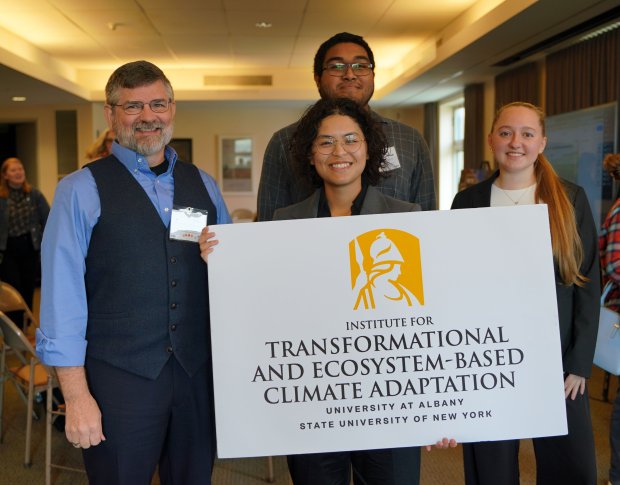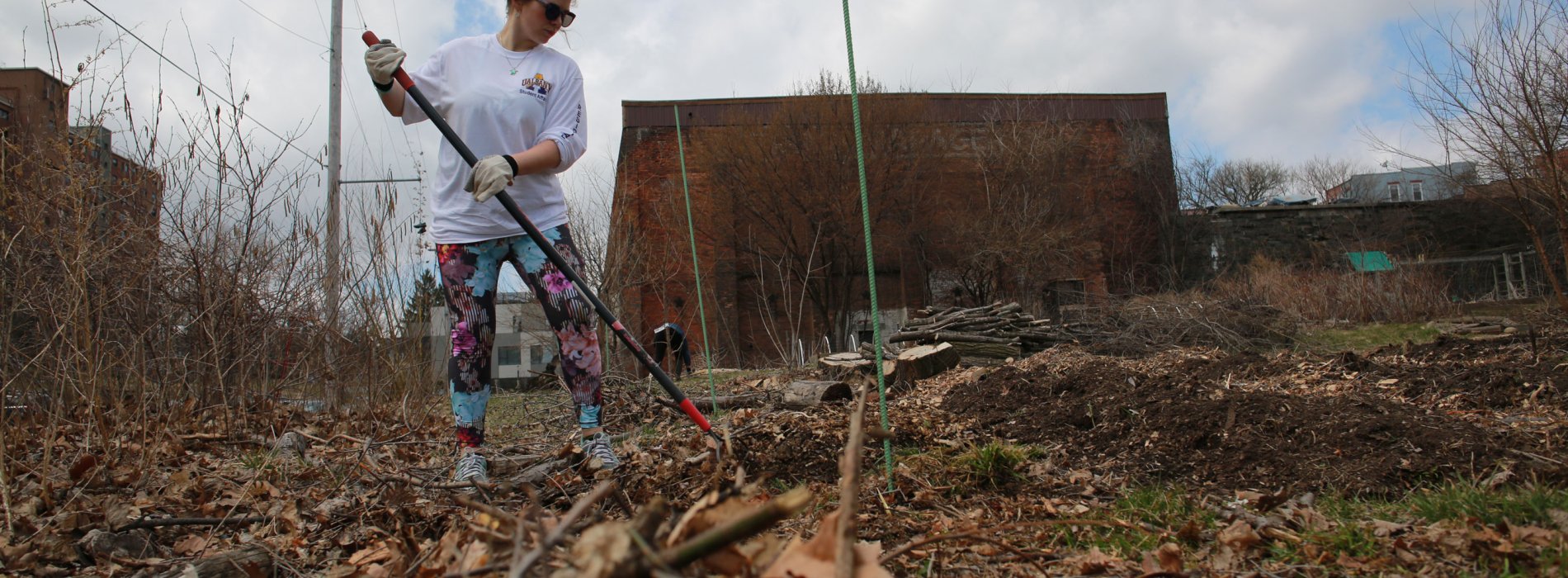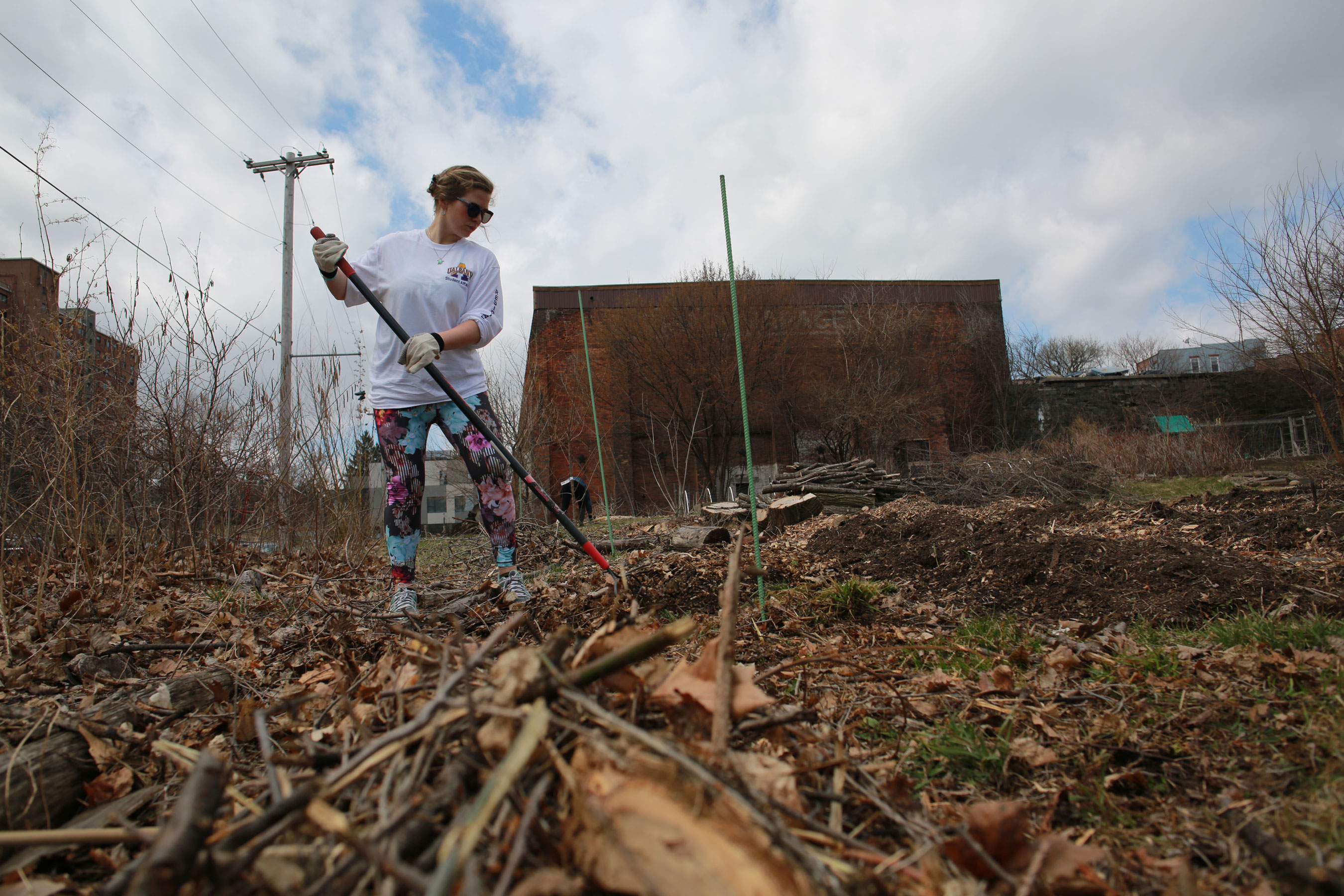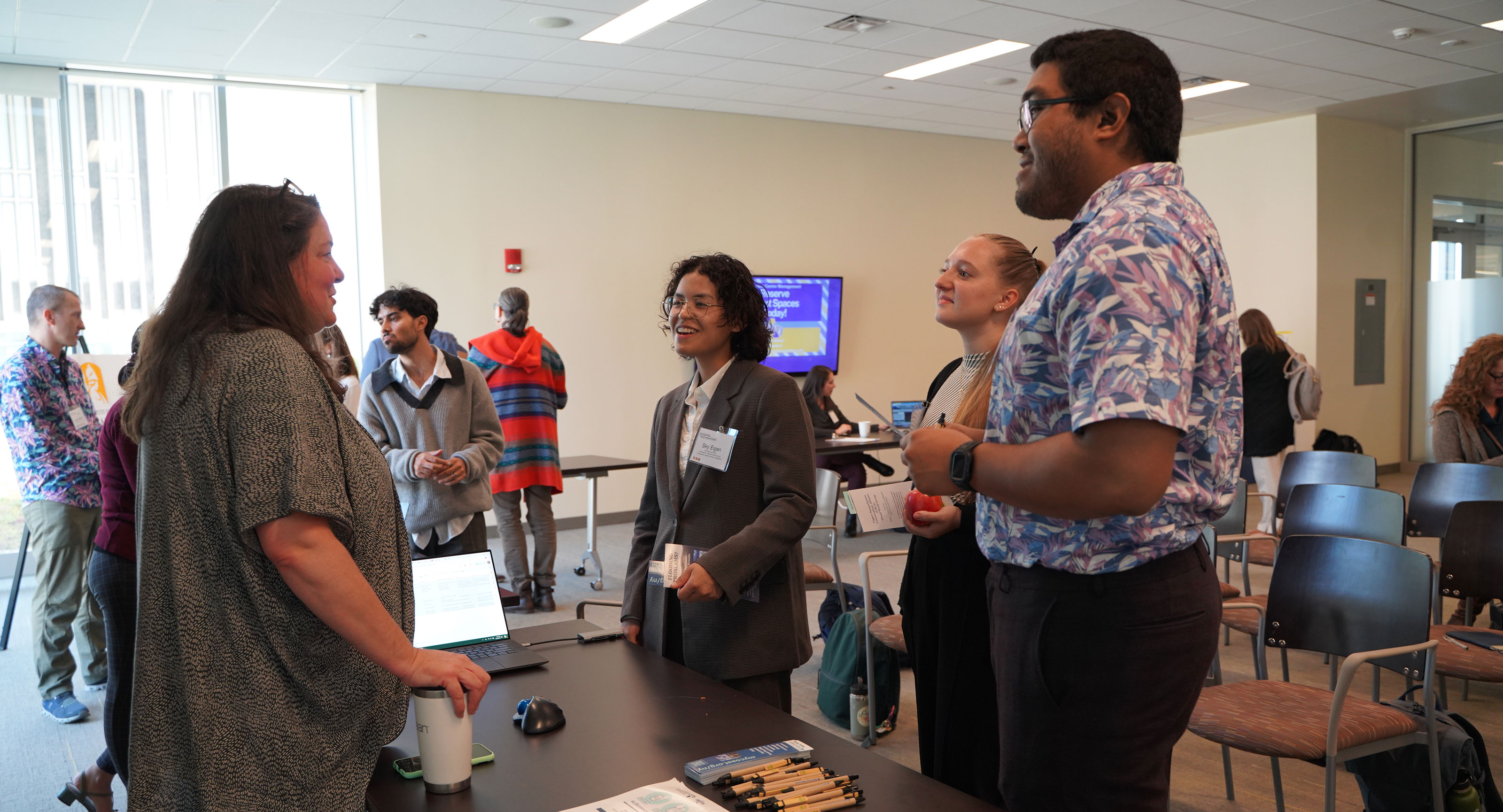The University at Albany Institute for Transformational and Ecosystem-based Climate Adaptation (ITECA) is dedicated to leading transformational climate change adaptation by fostering climate justice and equity, advancing nature-based and behavior-based solutions, and preparing the next generation of climate change leaders.
Our mission encompasses thought leadership, community engagement, student service learning, climate adaptation project implementation and applied research with a focus on developing innovative models, tools and best practices for transformational community-based climate adaptation.
ITECA is affiliated with UAlbany’s MS in Biodiversity, Conservation, and Policy program and Department of Geography, Planning, and Sustainability.
As an organized research unit within the College of Arts and Sciences, this sponsored-program institute reports directly to the Dean of the College of Arts and Sciences.

The Challenge of Climate Change & How ITECA is Generating Solutions
Climate change poses significant challenges, including rising temperatures, extreme weather events and disproportionate impacts on vulnerable communities.
The Intergovernmental Panel on Climate Change’s Sixth Assessment Report warns of a potential 2-degree Celsius increase by the 2070s, necessitating urgent adaptation efforts alongside emission reductions.
Disadvantaged communities are the most vulnerable to these significant impacts, often lacking the resources to respond and adapt effectively.
ITECA addresses these challenges through scalable, regenerative solutions, based in our four core pillars:
- Innovative thought leadership and applied research for transformational climate change adaptation
- Advancing climate justice and equity through community engagement and developing resilient local bioeconomies
- Developing nature-based solutions and ecosystem-based adaptation (EbA) models and tools
- Preparing the next generation of climate leaders and supporting academic growth
1400 Washington Avenue
Albany, NY 12222
United States
8:30 a.m. to 5 p.m. Monday through Friday










